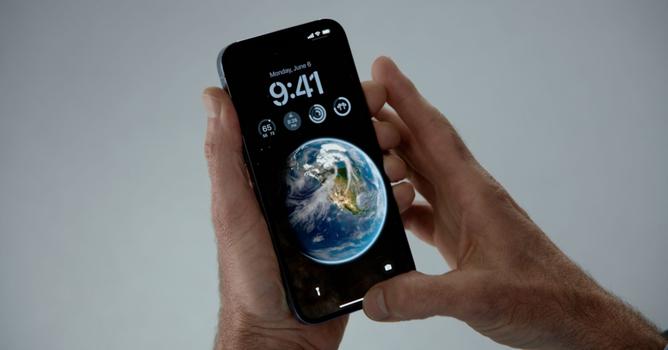TikTok users shrug at China fears: ‘It’s hard to care’
- By Natalie Sherman
- Business reporter, New York
Liz Barr says she was annoyed when her university blocked TikTok, but it hasn’t stopped her using it
TikTok has been banned on government networks and devices in the US, Canada and the European Union. But are the moves having any effect?
When TikTok would not load on her university’s wi-fi network earlier this year student Liz Barr was stymied – but not for long.
She soon figured ways around the block using personal mobile data or a virtual private network (VPN). The block had been introduced after state officials in Maryland banned the video app on government networks, citing national security concerns.
“I was annoyed, because I live here and I get bored,” says the 18-year-old, who is studying computer science and creative writing at St Mary’s College of Maryland. “But now it works, so it’s not that big of a problem.”
The workaround shows the quandary facing the US and other countries as they threaten to crack down on TikTok, which has exploded in global popularity in recent years offering an endless feed of user-generated makeup tutorials, life hacks, silly dances, and other confessionals curated by algorithm.
Rumbling against the social media platform, which is owned by the Chinese tech giant ByteDance and has more than one billion users globally, has reached new pitch in recent months.
Concerns have been especially loud in the US, where politicians from across the ideological spectrum are urging steps to curtail its reach, arguing that the data TikTok collects could be used by the Chinese government to spy on Americans or influence political debates.
Watch: Ros Atkins on… The creeping TikTok bans
Dozens of states, like Maryland, have banned TikTok on government networks and devices, moves that affect access in public libraries, universities and elsewhere.
TikTok’s chief executive is due to appear this month in Congress, which is debating various proposals that could result in a wider national ban, while the company remains in a years-long negotiation with the White House about what changes it could make to satisfy the…





